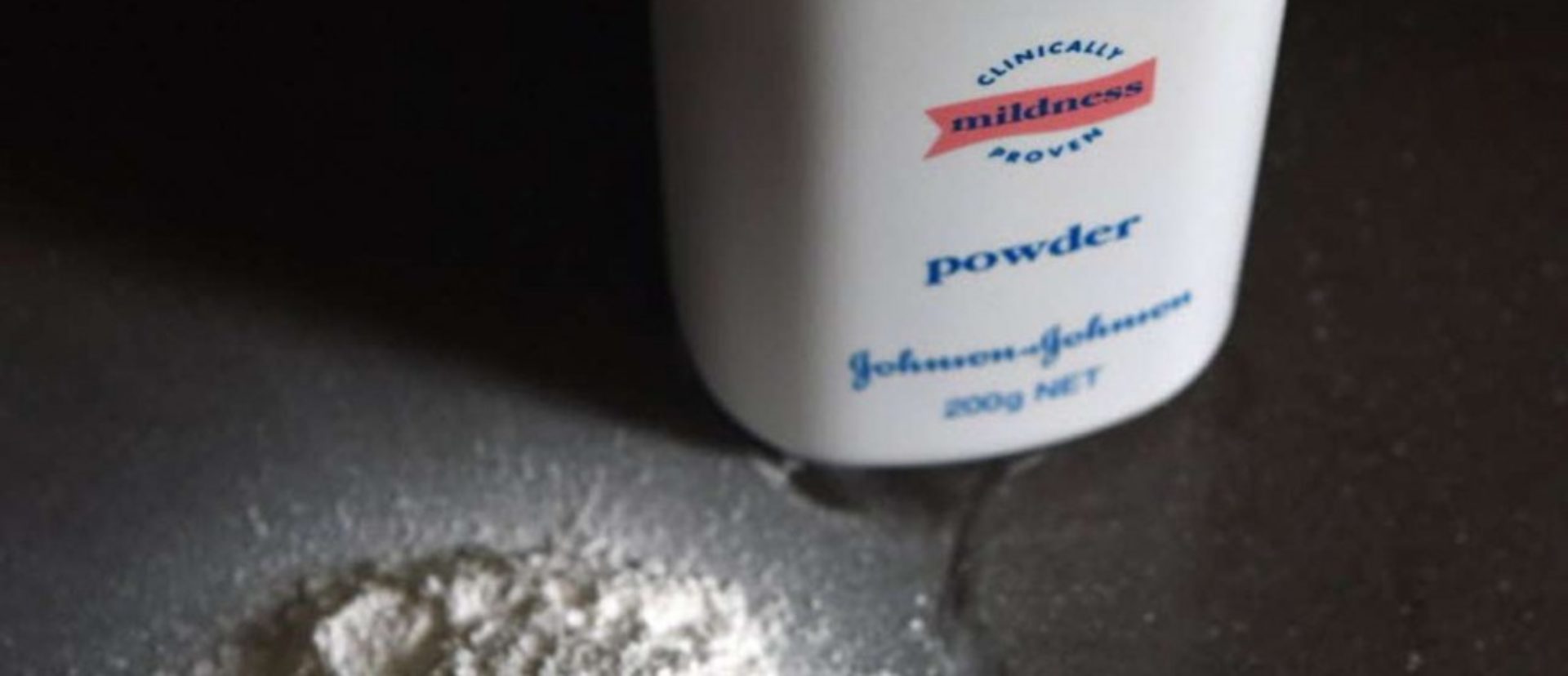New York Times, Reporting from Washington
A federal appeals court had signed off on the agreement, which would shield members of the wealthy Sackler family from opioid-related lawsuits in exchange for $6 billion for victims.
The Supreme Court agreed on Thursday to consider the government’s challenge of a bankruptcy settlement involving Purdue Pharma, putting on pause a deal that would have shielded members of the wealthy Sackler family from civil opioid lawsuits in exchange for payments of up to $6 billion to thousands of plaintiffs.
In doing so, the court sided with the Justice Department, which had requested the court put the settlement plan on hold while it considered reviewing the agreement. The government has argued that the family behind Purdue Pharma, maker of the prescription painkiller OxyContin, should not be able to take advantage of legal protections meant for debtors in “financial distress.”
The court’s order, which was unsigned, gave no reasons and included no public dissents, adds to the uncertainty around the plan to compensate states, local governments, tribes and individuals harmed by the opioid crisis while offering protection for the Sackler family. The order specified that the justices would hear arguments in the case in December.
The court’s decision to take up the challenge to the bankruptcy agreement is the latest twist in the yearslong legal battle over compensation for victims of the prescription drug crisis.In May, the U.S. Court of Appeals for the Second Circuit approved the settlement plan as part of a court review of bankruptcy restructuring for Purdue Pharma. The company had filed for bankruptcy protections in September 2019. At the time, both the company and members of the Sackler family were facing lawsuits connected with the opioid crisis.
Although it is routine for companies who seek bankruptcy protection to be shielded from legal claims, the unusual part of this agreement was that it extended that liability protection to the company’s owners. Sackler family members have said they would not sign onto a settlement without an agreement protecting them from lawsuits.
The U.S. Trustee Program, an office in the Justice Department that oversees the administration of bankruptcy cases, has long argued that bankruptcy judges do not have the power to permanently block lawsuits against company owners if those owners haven’t sought personal bankruptcy protection.
The government has argued that federal appeals courts are split on this issue and that the settlement agreement may set a troubling precedent.
“Allowing the court of appeals’ decision to stand would leave in place a road map for wealthy corporations and individuals to misuse the bankruptcy system to avoid mass tort liability,” the solicitor general, Elizabeth B. Prelogar, wrote in a brief for the government.
The appeals court, Ms. Prelogar wrote, had “pinned itself firmly on one side of a widely acknowledged circuit split about an important and recurring question of bankruptcy law.”
Ms. Prelogar called the agreement “a release from liability that is of exceptional and unprecedented breadth.” She argued that the deal “applies to an untold number of claimants who did not specifically consent to the release’s terms,” a deal that “constitutes an abuse of the bankruptcy system, and raises serious constitutional questions.”
In a statement released after Thursday’s decision, a spokeswoman for Purdue Pharma said the company was “confident in the legality” of the bankruptcy plan.
Members of the Sackler family are no longer on the board of the pharmaceutical company. When the bankruptcy is finalized, they will no longer be owners of the company, which would be renamed Knoa Pharma and owned by its creditors. However, the family still remains wealthy. Some estimates put their fortune at $11 billion, much of it in offshore holdings.
Victims’ groups have expressed frustration at the government’s position, raising concerns that it would further delay payments to those harmed.
“Regardless of how one feels about the role of the Sackler family in the creation and escalation of the opioid crisis, the fact remains that the billions of dollars in abatement and victim compensation funds hinge on confirmation and consummation of the existing plan,” a brief filed on behalf of a victims’ group said. “These funds, which the Sackler family members are providing in exchange for releases, are critically needed now.”
